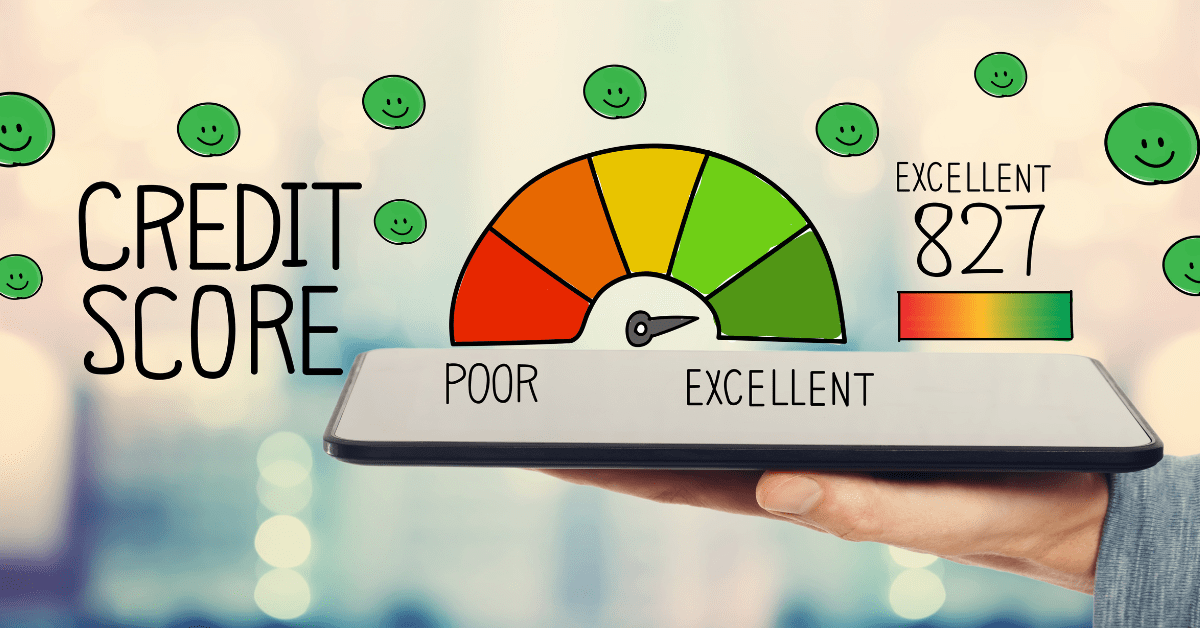Understand What Your Credit Score Means
The first step is understanding what your credit score represents and the factors that affect it. Your credit score is a three-digit number typically ranging between 300 and 850. The higher the score, the better. A score above 700 is considered good, while a score below 580 is poor.
- Payment history – Whether you pay your bills on time. This has the biggest impact.
- Credit utilization ratio – The percentage of available credit you currently use. Using more than 30% may lower your score.
- Credit history length – How long you have had credit accounts opened. A longer history improves your score.
- Credit mix – The variety of credit types you have, such as credit cards, installment loans, mortgages, etc.
- New credit applications – Opening new accounts may lower your score in the short-term.
Knowing the key aspects of your credit score empowers you to take steps to improve it over time.
Tips to Increase Credibility with Credit Score
Managing your credit responsibly directly impacts your credit score, which is key to building financial credibility. Here are some tips to increase trustworthiness through your credit score:
Obtain Your Credit Reports and Monitor Your Score
The next critical step is to obtain copies of your credit reports from each of the three major credit bureaus. Review the reports carefully to ensure all the information contained is accurate and up-to-date. Dispute any errors you find by contacting the credit bureaus and your creditors. Incorrect information can unjustly hurt your score.
You’re entitled to one free copy of your credit report from each bureau every 12 months. You can request them at www.annualcreditreport.com.
In addition to annual reports, monitor your credit score regularly. Many credit card companies and personal finance websites provide free access to your latest scores and credit tracking tools. Checking your credit score regularly allows you to track how your credit management efforts affect your score over time.
Pay All Bills On Time
To build strong creditworthiness, establish a track record of on-time payments for all your bills and debt obligations. Payment history has the greatest influence on your credit score.
Set up autopay through your creditors’ websites or automatic bank transfers to ensure you never miss a due date. If cash flow is tight some months, call creditors proactively to arrange alternative payment plans rather than skipping or delaying payments. Payment delays of 30 days or more get reported to the credit bureaus and damage your score.
If you already have late payments on your credit history, continue making on-time payments consistently. This demonstrates you’ve become more responsible. As the late payments become a smaller percentage of your total payment record, your score can gradually recover.
Maintain Low Credit Utilization
Keep your credit card and revolving credit balances low in proportion to your total available credit limits. Experts recommend using no more than 30% of your total credit limit across all accounts. This 30% threshold has the most positive impact on your credit score.
For example, if you have three credit cards with $1,000 limits each, your total available credit is $3,000. You should aim to keep your revolving balances across the three cards under $900 to avoid excessive credit utilization.
If your balances are already high, make payments to bring them down before the next billing cycle reports them to the credit bureaus. Having maxed-out cards drags down your score the most.
Build Your Credit History
Maintain your established credit accounts in good standing instead of closing them. Keeping accounts open longer strengthens your credit history. However, deactivate accounts you don’t use regularly to avoid fraud or temptation to overspend.
If you have limited credit history, request a credit limit increase on an existing account after making regular on-time payments for 6 months to a year. This raises your total available credit and shows positive account management.
Be cautious about opening too many new accounts rapidly. Each credit application can ding your score a few points initially. Apply selectively for accounts only as needed.
Dispute Any Inaccuracies
Incorrect or outdated information on your credit reports can undeservedly hurt your score. If you notice errors, communicate with the relevant credit bureau and creditors to dispute and correct misreported information per the Fair Credit Reporting Act (FCRA).
Common credit report errors include:
- Accounts that don’t belong to you
- Incorrect account status, balances, credit limits or payment history
- Outdated records of bankruptcies, tax liens or judgments
- Identity theft issues
Persist with your disputes until all inaccuracies get fully investigated and resolved. Improving credit report accuracy improves your score.
Leverage Credit Builder Loans
If you need to establish credit history from scratch or rebuild credit after mistakes, credit builder loans offer a unique opportunity. These specialized loans function like secured savings accounts to help you demonstrate responsible credit management.
A credit builder loan allows you to borrow a certain amount and have the proceeds deposited into a locked savings account as collateral. You make fixed monthly payments on the loan for a term like 12-24 months. The lender reports these on-time payments to the credit bureaus.
Once you repay the full loan, you get access to the funds in the savings account plus you’ve built credit history. Credit builder loans from reputable lenders like credit unions can create a positive entry point to stronger credit.
Become An Authorized User
Ask close family members with long positive credit histories to add you as an authorized user on one of their established credit card or loan accounts. As an authorized user, the account history gets added to your credit reports to significantly boost your score fast.
Of course, use this strategy only with very trustworthy co-applicants. Coordinate with them to remove you as an authorized user once you’ve built sufficient independent history.
Limit New Credit Applications
Each time you apply for new credit – whether it’s a credit card, loan, financing plan, etc. – the hard inquiry gets recorded on your credit report and may lower your score slightly. Avoid applying for multiple new accounts within a short span of time.
Instead, focus on establishing positive history with a starter credit card or secured card first. After 6 months to a year of responsible use, you can qualify for better rates on additional credit products you may want. Pace yourself to minimize hard credit checks.
Prioritize Credit Health
Establishing strong creditworthiness takes diligence, patience and common sense. But the financial benefits over time are well worth the effort. Paying bills on time, keeping debt low, monitoring your reports, and leveraging credit-building tools will put you firmly on the road to credibility.
Building and maintaining strong credit is an important part of financial responsibility. By understanding what goes into your credit score, monitoring your reports, consistently paying bills on time, keeping balances low, disputing errors, and leveraging credit-building tools, you can establish robust credibility with lenders. A high credit score earns you trust and unlocks better interest rates. It demonstrates good financial character – a reputation that will serve you well for years to come.







